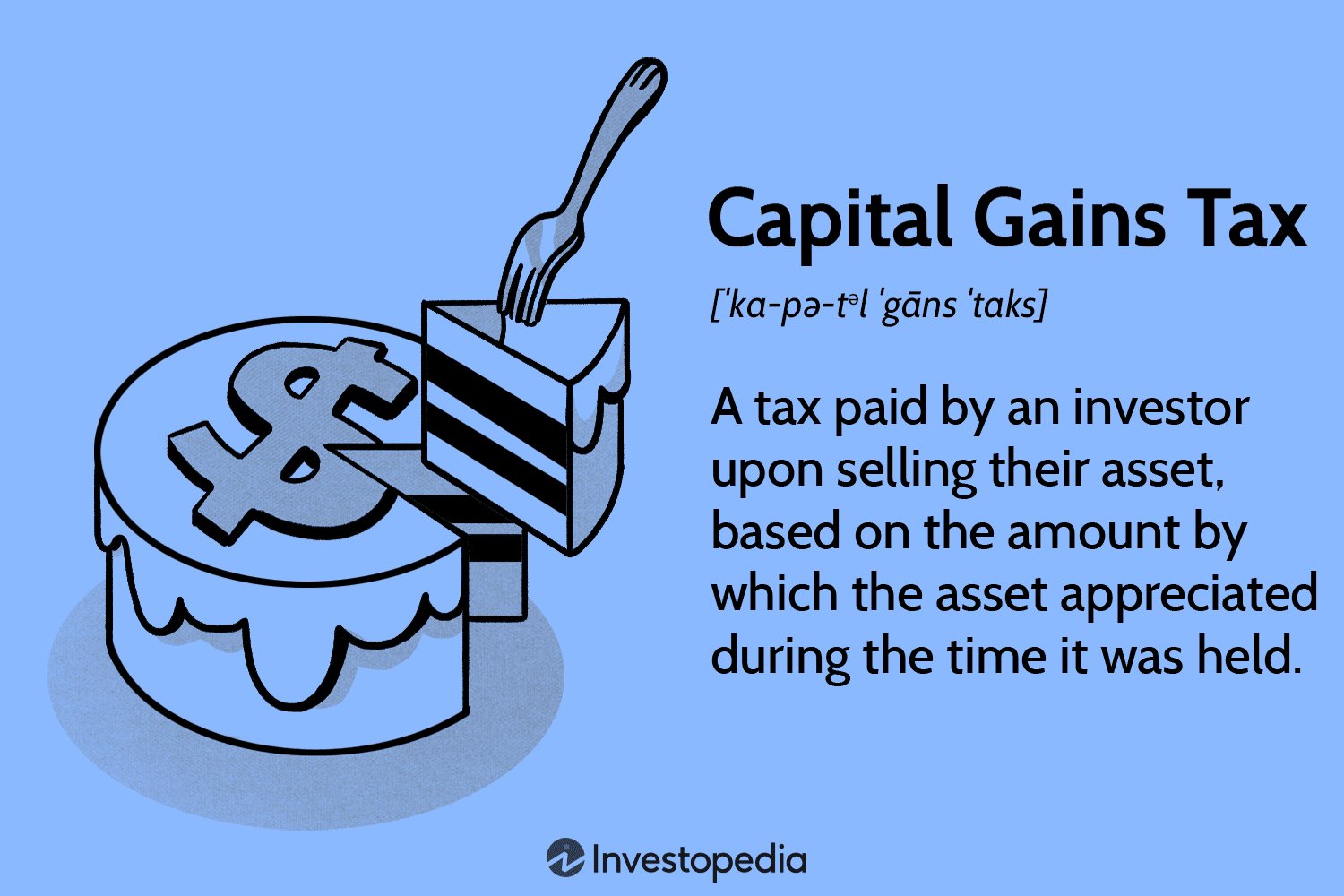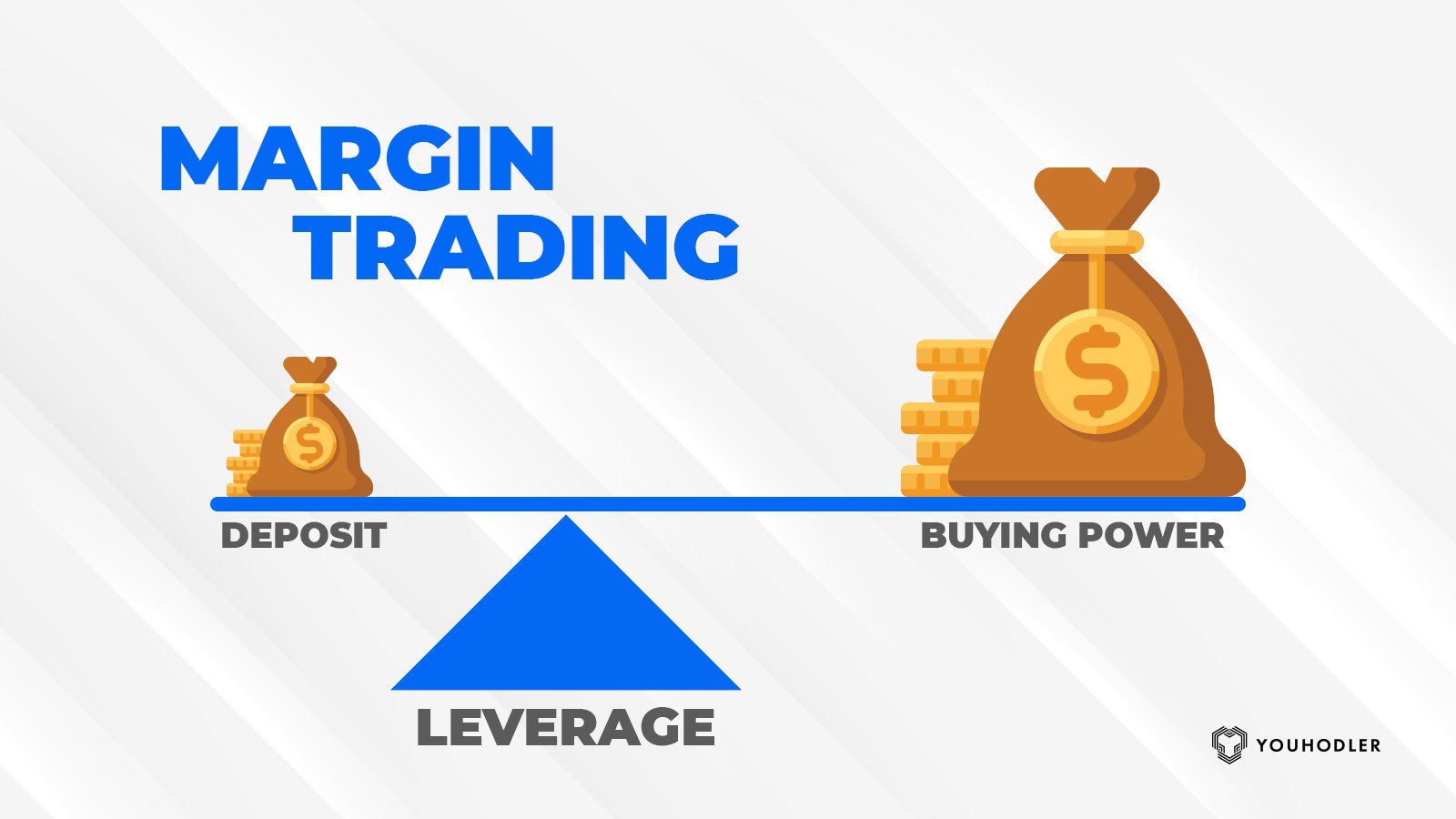If you’re a real estate owner or investor, understanding real estate capital gains tax is essential. Wondering what it is and how it affects you? Look no further! In this article, we’ll break down the complexities of real estate capital gains tax in a conversational and easy-to-understand manner. From the basics to the nuances, we’ll guide you through the ins and outs of this topic, ensuring you have a solid grasp on the subject. So, let’s dive right in and unravel the mysteries of understanding real estate capital gains tax.
Understanding Real Estate Capital Gains Tax
Real estate can be a profitable investment, but it’s important to understand the tax implications that come with it. One such tax is the capital gains tax, which is imposed on the profit you make from selling a property. In this article, we’ll delve into the details of real estate capital gains tax, including its calculation, exemptions, and strategies to minimize its impact.
What is Capital Gains Tax?
Capital gains tax is a type of tax levied on the profits earned from selling an asset, such as real estate. When you sell a property for more than its original purchase price, the difference between the purchase price and the selling price is considered a capital gain. This gain is subject to taxation.
Calculation of Capital Gains Tax
Calculating the capital gains tax on a real estate property involves a few key factors. Let’s break it down:
- Cost Basis: The cost basis is the original purchase price of the property. This includes the purchase price itself, as well as any additional expenses incurred during the acquisition, such as legal fees, commissions, and closing costs.
- Adjusted Basis: The adjusted basis takes into account any changes to the cost basis over time. This includes improvements made to the property, such as renovations or additions, as well as any depreciation deductions taken.
- Selling Price: The selling price is the amount for which you sell the property.
- Expenses of Sale: Expenses incurred during the sale, such as real estate agent commissions, advertising fees, and legal fees, can be deducted from the selling price.
- Net Capital Gain: The net capital gain is the difference between the selling price and the adjusted basis, minus any expenses of sale.
Once you have calculated the net capital gain, you can determine the amount of tax you owe on it.
Capital Gains Tax Rates
Capital gains tax rates vary depending on your income level and the length of time you owned the property. Generally, there are two types of capital gains tax rates:
- Short-Term Capital Gains: If you owned the property for one year or less before selling it, any capital gain is considered short-term. Short-term capital gains are taxed at your ordinary income tax rate.
- Long-Term Capital Gains: If you owned the property for more than one year before selling it, any capital gain is considered long-term. Long-term capital gains are subject to lower tax rates, ranging from 0% to 20%, depending on your income level.
It’s important to note that the tax rates can change over time, so always consult the latest tax laws or seek professional advice.
Exemptions and Exclusions
While capital gains tax applies to most real estate transactions, there are certain exemptions and exclusions that can help reduce or eliminate your tax liability. Let’s explore some of the common ones:
- Primary Residence Exclusion: If the property you are selling is your primary residence and you have lived in it for at least two out of the past five years, you may qualify for a capital gains tax exclusion. This exclusion allows you to exclude up to $250,000 of capital gains if you’re single, or up to $500,000 if you’re married filing jointly.
- 1031 Exchange: A 1031 exchange, also known as a like-kind exchange, allows you to defer capital gains tax by reinvesting the proceeds from the sale into a similar property. This strategy can be beneficial for real estate investors looking to expand their portfolio without incurring immediate tax liabilities.
- Inflation Adjustment: The tax code provides for an inflation adjustment on the cost basis of the property, which can help reduce the taxable gain. This adjustment is calculated based on the changes in the Consumer Price Index (CPI) and can be significant over a long period of ownership.
- Losses Offset: If you have incurred capital losses from other investments, you can use them to offset your capital gains from the sale of real estate. This strategy, known as tax loss harvesting, can help reduce your overall tax liability.
It’s crucial to consult with a tax professional to fully understand the eligibility criteria and requirements for these exemptions and exclusions.
Strategies to Minimize Capital Gains Tax
While you may not be able to completely avoid capital gains tax, there are several strategies you can employ to minimize its impact:
- Timing the Sale: By carefully timing the sale of your property, you can potentially take advantage of lower tax rates. If you expect your income to be lower in a particular year or tax bracket, it might be beneficial to sell during that time to minimize your tax liability.
- Maximizing Exclusions: As mentioned earlier, taking advantage of the primary residence exclusion or other applicable exclusions can help reduce your tax liability. Ensure you meet the eligibility criteria and follow the rules to make the most of these exemptions.
- 1031 Exchange: Utilizing a 1031 exchange allows you to defer capital gains tax by reinvesting in a like-kind property. This strategy can provide you with more funds to reinvest and potentially grow your real estate portfolio.
- Invest in Opportunity Zones: Opportunity Zones are designated areas where investment incentives are offered by the government. By investing in these zones, you may be able to defer or reduce your capital gains tax obligations.
- Charitable Donations: Consider donating a property to a qualified charitable organization instead of selling it. This strategy can provide you with a tax deduction and eliminate the capital gains tax on the property.
Always consult with a tax advisor or financial professional to ensure you’re utilizing these strategies correctly and in compliance with tax laws.
Understanding real estate capital gains tax is essential for anyone involved in property transactions. By familiarizing yourself with the calculation methods, tax rates, exemptions, and strategies to minimize tax, you can make informed decisions and optimize your financial outcomes. Remember to consult with professionals and stay up-to-date with the latest tax laws to ensure compliance and maximize the benefits of real estate investments.
Capital Gains Tax Explained 2021 (In Under 3 Minutes)
Frequently Asked Questions
Frequently Asked Questions (FAQs)
What is real estate capital gains tax?
Real estate capital gains tax is a tax that is levied on the profit or gain made from selling or disposing of a property. It is the tax imposed on the difference between the purchase price and the selling price of the property.
How is real estate capital gains tax calculated?
Real estate capital gains tax is calculated by subtracting the cost basis (which includes the purchase price, closing costs, and improvements) from the selling price of the property. The resulting amount is the capital gain, which is then subject to the applicable tax rate.
What is the tax rate for real estate capital gains?
The tax rate for real estate capital gains depends on various factors such as the type of property, the holding period, and the individual’s income bracket. Generally, the tax rates can range from 0% to 20%, with higher rates typically applying to higher-income individuals.
Are there any exemptions or deductions available for real estate capital gains tax?
Yes, there are certain exemptions and deductions available for real estate capital gains tax. For example, if the property being sold is the primary residence and meets certain criteria, there may be an exclusion of up to a certain amount of capital gains. Additionally, certain qualifying expenses related to the sale or improvements made to the property may be deductible.
What is the difference between short-term and long-term capital gains tax?
Short-term capital gains tax is applied to profits made from selling a property that was held for one year or less. Long-term capital gains tax, on the other hand, is applied to profits made from the sale of a property that was held for more than one year.
Do I have to pay real estate capital gains tax if I sell my primary residence?
In certain cases, you may be eligible for an exclusion on real estate capital gains tax if the property being sold is considered your primary residence. However, there are specific criteria that need to be met, such as using the property as your main home for at least two out of the five years preceding the sale.
Can I offset capital gains tax with capital losses?
Yes, you can offset capital gains tax with capital losses. If you have incurred losses from the sale of other investments or properties, you can use those losses to offset the capital gains and reduce your overall tax liability.
Are there any exceptions to real estate capital gains tax?
There are some exceptions to real estate capital gains tax. For instance, if the property is being transferred as part of a gift or inheritance, there may be different tax treatment. It is advisable to consult with a tax professional to understand the specific exceptions and their implications.
How should I report real estate capital gains tax?
Real estate capital gains tax should generally be reported on your tax return using the appropriate IRS form, such as Form 8949 and Schedule D. It is recommended to seek guidance from a tax professional or refer to the IRS guidelines to ensure accurate reporting.
Final Thoughts
Understanding real estate capital gains tax is crucial for anyone involved in buying, selling, or investing in property. This tax is applicable when you sell property at a profit, and it can significantly impact your financial gains. By knowing how real estate capital gains tax works, you can make informed decisions and optimize your returns. Various factors, such as the holding period and the type of property, can affect the tax rate. Planning ahead and seeking advice from tax professionals are essential to minimize your capital gains tax liability. Stay informed and be proactive in managing your real estate transactions to maximize your financial gains.



